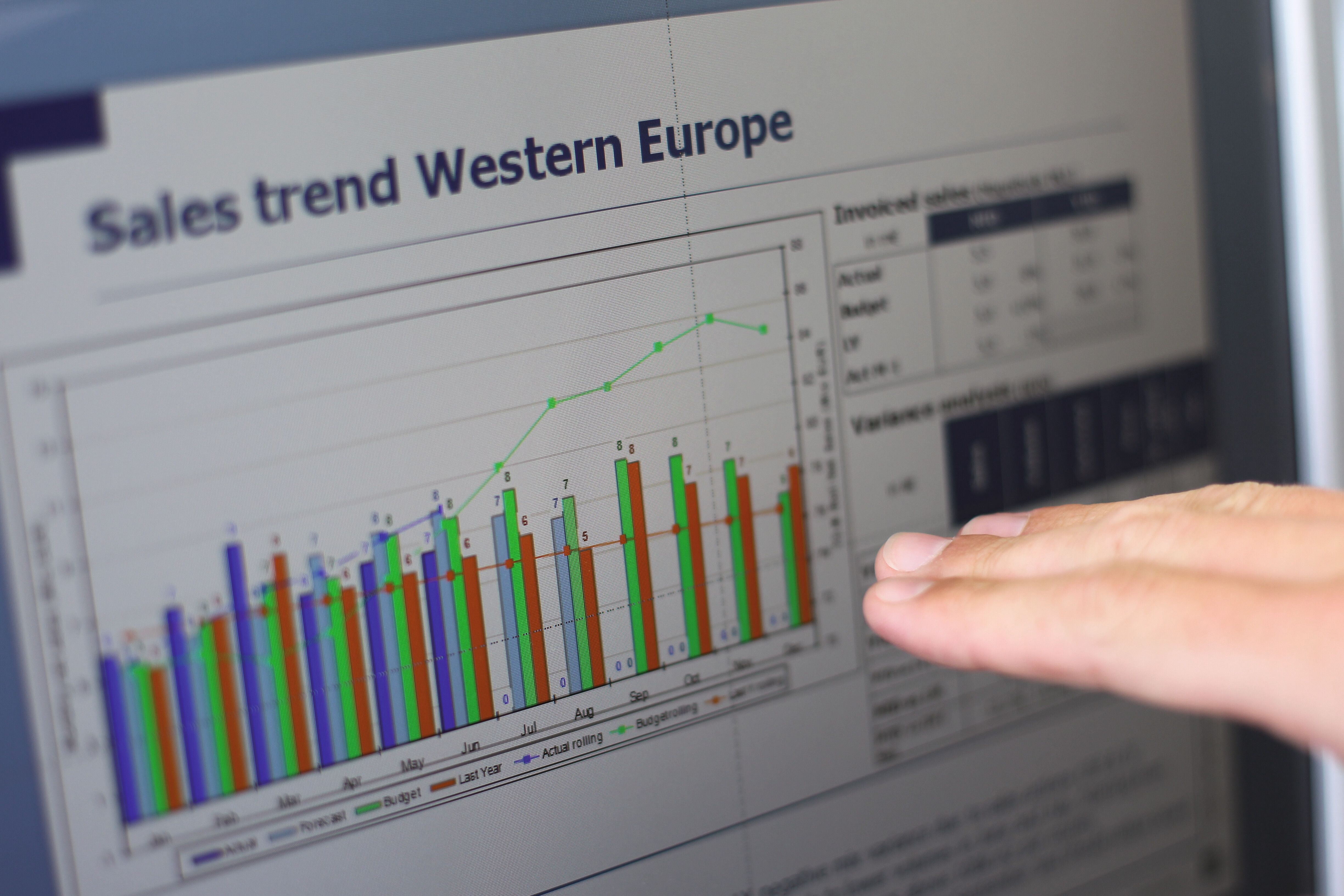Economics, national economy
This field of study deals with the economic behaviour of economic actors and its microeconomic and macroeconomic effects. It provides the necessary knowledge to understand complex economic relationships and laws in a globalised world with its numerous interdependencies.

Overview of the academic discipline
The field of study analyses, for example, which economic, political or institutional framework conditions lead to certain economic actions. In addition, the interplay of many individual economic decisions and their effects on the markets are analysed.
This is because companies and organisations need academic specialists who can think globally and decide and act accordingly. Experts are needed who recognise and understand global economic interrelationships, analyse national and international markets and take country-specific problems and particularities into account. To this end, economics initially teaches both business and economic knowledge as well as the connections between the two disciplines. National economics, on the other hand, attempts to identify laws and derive recommendations for action, for example on the causes of unemployment, the functioning of markets or international economic relations.
Which topics are included in the curriculum?
The compulsory modules in the Bachelor's degree programme in Economics include the basics of business administration and national economics, commercial law, accounting, stochastics and business statistics. Modules from the fields of work and organisational psychology, mathematics, computer science and business ethics can also be added.
In national economics, for example, the focus is on micro- and macroeconomics, statistics, introduction to the theory of business, theory of monetary policy or currency theory.
What are the requirements?
A good foundation for successful studies in this field is knowledge of the following school subjects, depending on the chosen degree programme: Economics and law, maths, English and German.
What study programmes are there to choose from?
The degree programme is mainly offered at universities. Students can, for example, specialise in finance, economic policy, development economics and industrial/competition policy. Degree programmes are also called ‘National Economics’, ‘Social Economics’ or ‘Politics and Economics’.
What job opportunities are there after graduation?
- Economics graduates often take on middle management positions in commercial enterprises, banks and insurance companies, research institutes, political parties, associations, chambers, national or international organisations, but also in public administration.
- The national economics degree programmes qualify students for planning, analytical and advisory activities, e.g. in public authorities, ministries, international organisations, chambers and associations, in international corporations and national companies with a global focus, in banks and insurance companies as well as in corporate and political consulting.
